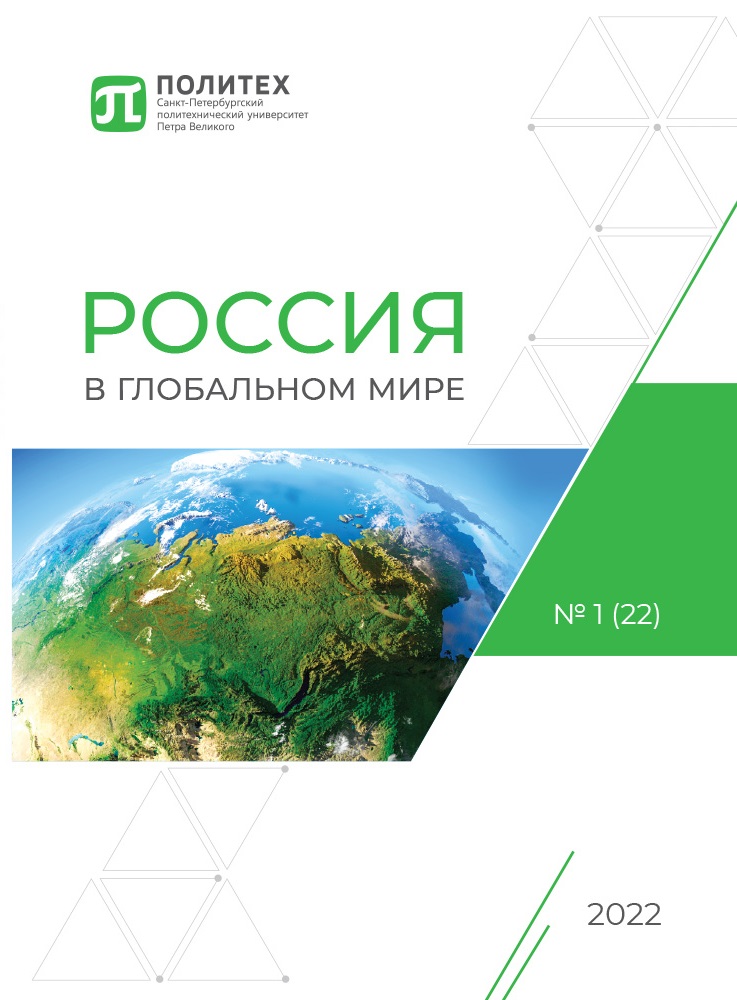Russian Language as a Soft Power Instrument of Eurasian Integration
Introduction. The reshaping the world order turns Eurasia into a region of cooperation, evolve into a center of interaction of states in a new multipolar world, into a platform of world politics, on the basis of which it is possible to build a new state-to-state relations. Eurasia is divided into other subregions, one of which is North-Eastern Eurasia considering the geopolitical situation. The representation of the Russian language at the state level, being the language of intercultural communication as an instrument of soft power of the post-Soviet space is in context-driven. The pace of policy implementation is determined by the demand for studying the Russian language in individual countries of the region. The study is aimed at identifying the features of using the Russian language as a means of conducting foreign policy in the CIS countries. To characterize the most effective ways of using the soft power instrument, it is necessary to analyze the criteria that create favorable environment for its successful implementation in the process of forming a global international order.
Materials and methods. The empirical basis of the study was the statistical data of the post-Soviet countries. Scientific articles by domestic authors on the topic of the study were used in the context of comparative analysis to assess the effectiveness of soft power as a foreign policy instrument in the post-Soviet space.
Results. The criteria for assessing the effectiveness of the soft power tool in a number of countries have been identified: firstly, a post-Soviet country must fulfil the requirements on which the success of the effective operation of soft power tools of the Russian Federation through the Russian language in the region under study depends; secondly, the most favorable states in terms of the effectiveness of soft power are the Republic of Belarus, the Republic of Kazakhstan, and the Kyrgyz Republic.
Conclusion. The promotion of the Russian language as a means of interethnic communication is currently the key to strengthening the leading role of the Russian Federation in matters of Eurasian integration. The formation of a soft power instrument through the Russian language within the framework of Eurasian integration depends not only on internal projects, but also on the general readiness of the other side to implement them. The effectiveness of soft power directly depends on the presence of a request from other states to study the Russian language for can contribute to the development of practical recommendations for modern state policy. An assessment of the effectiveness of the soft power of the Russian language in the post-Soviet countries can contribute to the development of practical recommendations for modern public policy.


